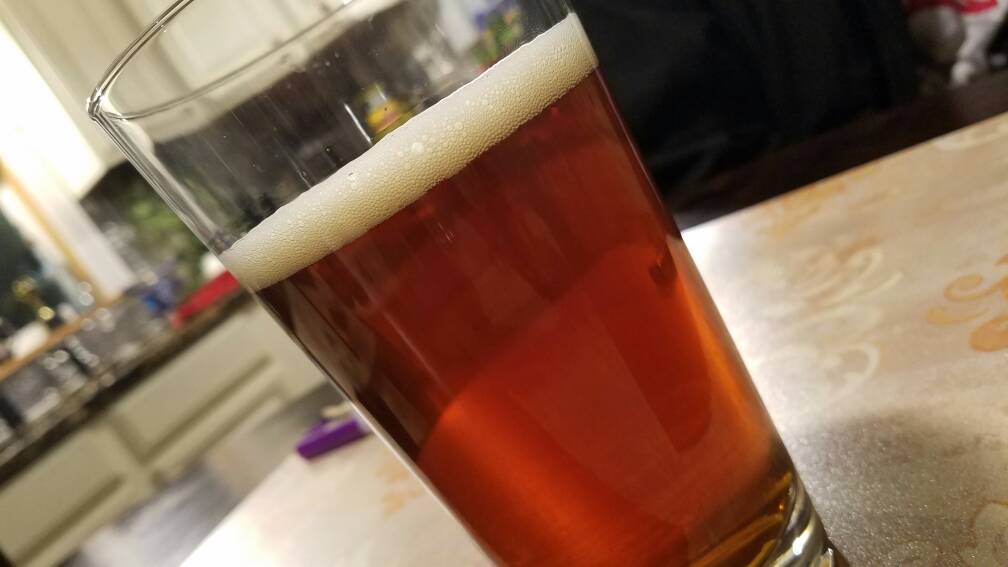Hey everyone, I'm new to this homebrew business but love it and love craft beer. Right now I've got a one gallon batch of an IPA I've made with a Mr. Beer kit, and I've got a five gallon batch of a double IPA. The kit is mostly a Midwest Supplies kit (two five gallon buckets, one w/ spigot), but I say mostly because I've gone out and purchased a five gallon carboy for second stage fermentation. I bought a brewers best ingredient kit for the five gallon double IPA batch. I've answered a lot of my own questions via google searches, but I'll still ask a couple on here: My one gallon batch was seemingly showing lots of fermentation the first day or so (lots of "foam" building up at the top of the "beer"), but it has since lost almost any sign of that foam. It that normal? It calls for fourteen days to ferment, the add a packet of hop pellets for dry hopping, then let it ferment for another x amount of days. I say x amount of days because I'm too glued to my couch to go see the instructions, but I know there's several more days at least of fermenting after adding the hop pellets. Another question is what is really gained by taking my beer out of my primary fermenter (five gallon bucket) and putting into into a secondary fermenter (carboy) and letting it continue to ferment in that carboy versus just having left it in the bucket? I was able to filter out some sediment, but there was no dry hopping element or anything so I wasn't sure what good it even does. I'm not doubting it does do some good, I just don't know what good that is. Lastly, this double IPA batch doesn't require nearly as long to ferment (if you chose not to do the secondary fermentation option that the directions mentioned, but didn't require) as the small batch IPA that I am brewing. Why is that?











































![Craft A Brew - Safale S-04 Dry Yeast - Fermentis - English Ale Dry Yeast - For English and American Ales and Hard Apple Ciders - Ingredients for Home Brewing - Beer Making Supplies - [1 Pack]](https://m.media-amazon.com/images/I/41fVGNh6JfL._SL500_.jpg)



